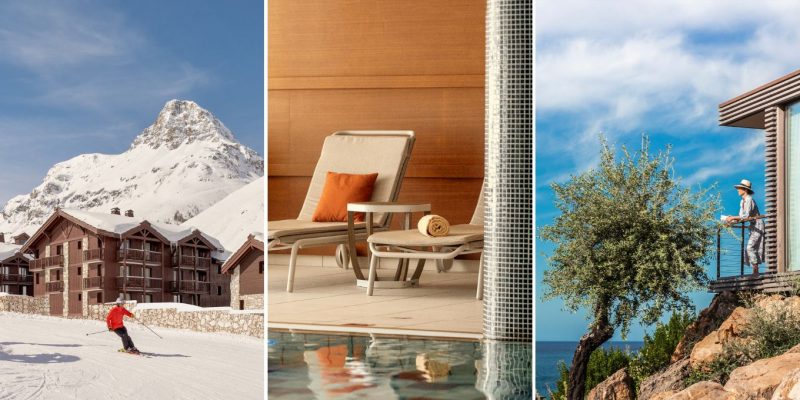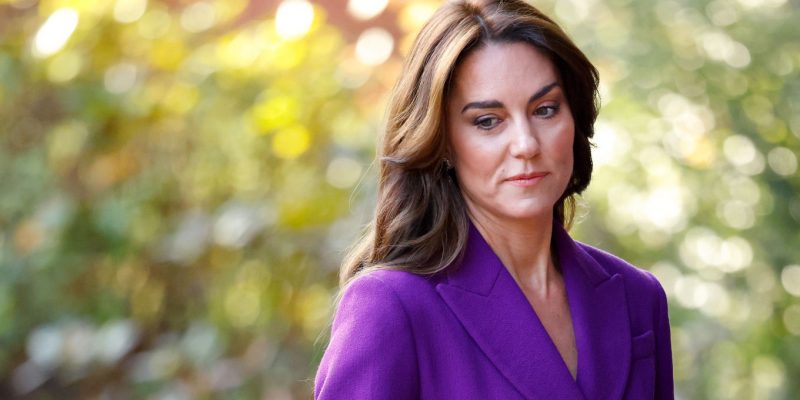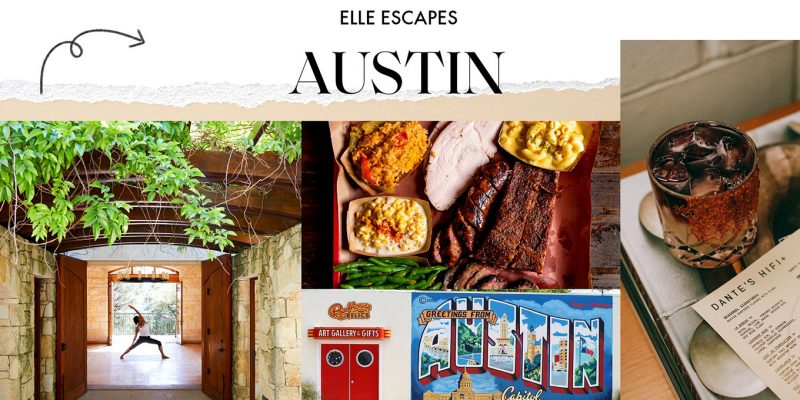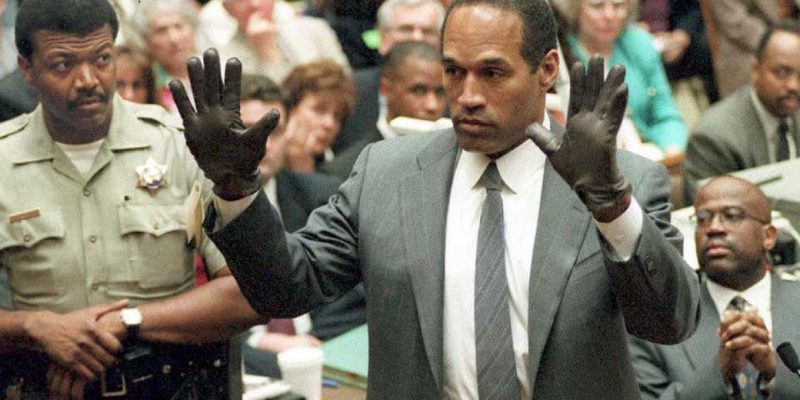Society
We Have the Power to Recreate Our Normal, Says Nunavut MP Mumilaaq Qaqqaq
"How are we supposed to talk about secondary opportunities when we don't even have basic human rights?"
by : Patricia Karounos- Jun 20th, 2020
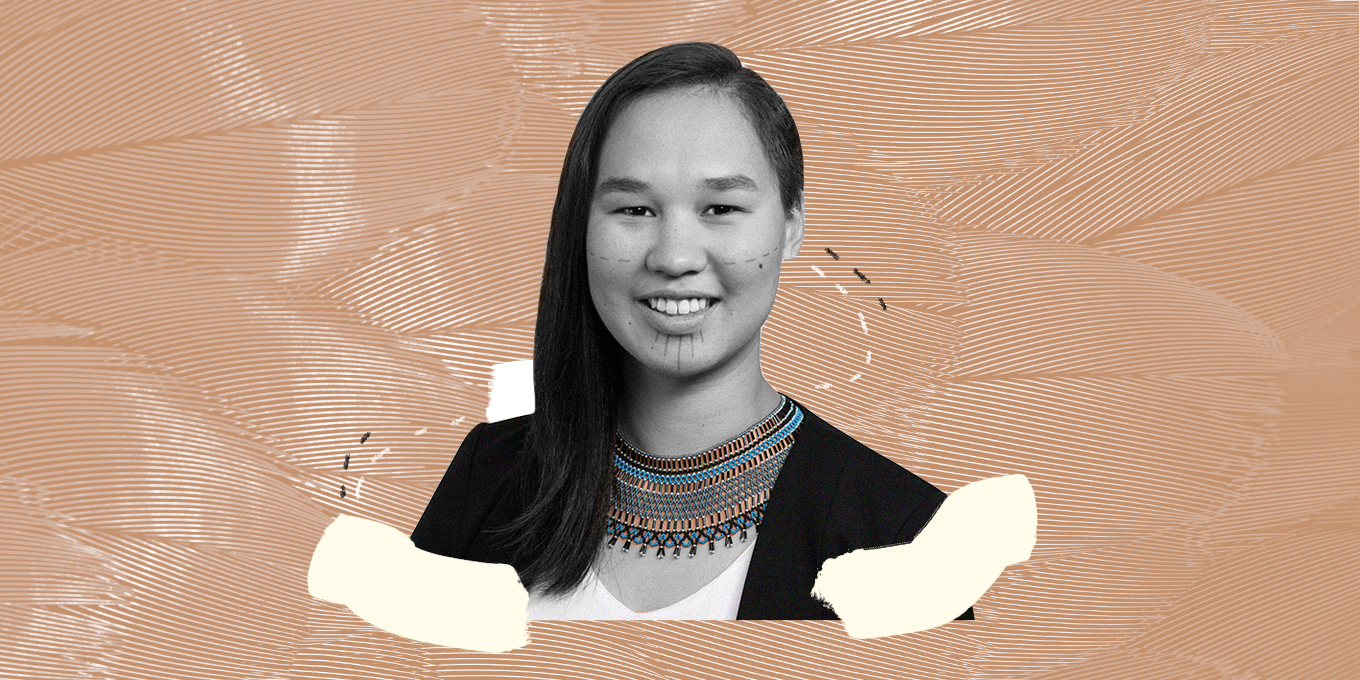
Mumilaaq Qaqqaq is a politician, facilitator and public speaker from Baker Lake, Nunavut. She was elected as the Member of Parliament for Nunavut in 2019 when she was 25 years old, becoming the first NDP MP to represent the region since it became a territory in 1999. Here, she shares her journey to Parliament, her top priorities as an elected representative and her message to Canadians who are not paying attention to issues affecting Indigenous People.
I find questions about [growing up in Nunavut] kind of odd. It was my norm. It was what I was used to. It’s different from the southern way of life. People laugh at me when I say that I’m not the biggest fan of being around trees or tall buildings for a long time, but when you’re in the north, you see the vastness of [the land]. I grew up in a place where you can see for kilometres and kilometres. I also grew up being heavily involved in sports. I did a lot of volunteer work, mentoring and coaching. I’ve been involved with the Northern Youth Abroad program for the past 10 years now. And I’ve also worked in a number of different positions [in places like] the government of Nunavut and the Qulliq Energy Corporation.
I have a valuable perspective and a lot of experience that comes from those things, but, unfortunately, that’s not something that people ask me about much. People look at me, see that I’m young and make all these big assumptions. I still have a lot of life left to experience, but I’ve also already experienced lots of things and nobody likes to focus on that. I hope that people can be more open-minded about the ways we can teach and learn and absorb information.
“One of the most frustrating things is when people who aren't Indigenous want you to hand them a guide on how to reach reconciliation.”
I was asked if [running for Parliament] was something I’d be interested in [in 2019]. I said, “Excuse me, can I just confirm that you’re asking me to run to be a Member of Parliament?” And the answer was yes. Like with any big decision, I needed to talk to my mom and carefully weigh the options. And [I realized] that whether or not I won, it would be a very valuable experience.
I think there are so many different ways to provide structure in terms of how a business, organization or level of government works. And I have experienced that in multiple ways at organizations that all have a different focus. But I also understand how they can all intertwine. My experiences have given me that real-life perspective and valuable knowledge. I think we focus too much on what a piece of paper says when, in reality, we should be realizing that experiences and knowledge (as Inuit, we have an oral history – it’s how we pass down information) should be taken into consideration and treated as valuable as any “researcher” or “expert” out there. My whole thing is about changing perspectives and changing how we do things. I truly believe that politics can look and be different, and that starts by including all types of diverse voices and giving them influence in decision-making.
“The system works so well that I didn't even question it throughout high school; it never occurred to me that I should have been learning about who I am and the history of the place I was in.”
Even before I was elected, I was always about [emphasizing] that we need to start with basic human rights – having a safe place to live, being able to afford to feed yourself and your family, having access to clean drinking water. It’s something I’ve been advocating for since being elected, and, unfortunately, it’s something I’ll probably be talking about for the entirety of my term. How are we supposed to talk about economic development, childcare and secondary opportunities when we don’t even have basic human rights for everybody in the territory? About one-third of my constituents have overcrowded or mould-infested homes. Entire communities need to boil their water before they use it. This is not a small-scale thing. One of the most frustrating things in my position is that I continually hear that other people know that these issues [exist]. So why aren’t we doing anything about it? Where is the action behind all of the talk?
[My message to Canadians who aren’t paying attention to Indigenous issues] is that it’s not fully on individuals – I believe that the federal government has not only the opportunity but an obligation to talk about our history here in Canada. I grew up learning about the First World War and reading Shakespeare [in school]. It took me years to realize why it felt so hard to care about these subjects: It was because I didn’t connect with them. Why weren’t we reading Indigenous writers? Why weren’t we learning our own history? The system works so well that I didn’t even question it throughout high school; it never occurred to me that I should have been learning about who I am and the history of the place I was in.
Awareness needs to happen first and foremost. When we, as Indigenous peoples, face stereotypes and assumptions, that is [due to] a lack of knowledge and awareness. We need to focus on racists and discriminatory acts because, quite often, people don’t necessarily perceive themselves [that way] but what they are doing may actually be racist. We need to call out [racist] actions [so that] maybe next time they won’t voice [their racism] or put others in an unsafe position. When we face racism in public, it is more helpful for someone else to interject. We’ve been seeing [more recordings] of racist incidents, and so often people are facing them alone.
“How are we supposed to talk about economic development, childcare and secondary opportunities when we don't even have basic human rights for everybody in the territory?”
And for people who aren’t as aware, it’s not that hard to use Google. You can find voices from Indigenous peoples in all different kinds of positions. One of the most frustrating things is when people who aren’t Indigenous want you to hand them a guide on how to reach reconciliation. It’s not like that at all. There needs to be a holistic, knowledge-based approach. I think the federal government has the power to influence [our approach to reconciliation], and it’s just been really frustrating to see how, over the decades, Indigenous peoples have not been treated as equals in this country.
The conversation we’re having right now in Canada is about going back to normal [because of COVID-19]. We need to change that. The New Democratic Party has been talking about how we need to recreate what we perceive as normal. Because what we’ve seen through this pandemic is that individuals who have been deemed essential are not getting benefits, and they’re not getting a livable wage. And we see that racialized individuals and Indigenous peoples are continuously left on the back burner. The new normal should be, to go back to my original point, having a safe place to live, being able to feed yourself and your family and having access to clean drinking water regardless of who you are or where you live.
We’re in such a historic time. We, as people, have the power to recreate our normal. I hope that Canadians start these conversations [so] that they happen more and more. And I think that they are.
– As told to Patricia Karounos
READ MORE:
Why is Canadian Media Still Shutting Out Indigenous Voices?
Indigenous Artists Are Creating Boundary-Pushing Pieces That Inspire Strength and Healing
10 Indigenous Fashion and Beauty Brands You Need to Have on Your Radar
Newsletter
Join our mailing list for the latest and biggest in fashion trends, beauty, culture and celebrity.
Read Next

Fashion
These Will Be 2025’s Biggest Wedding Dress Trends
Dropped waists, bridal bows and bubble hemlines for the 2025 brides.
by : Lauren Knowles- Apr 16th, 2024

Fashion
16 Mother's Day Gifts for Every Type of Mom
From the loveliest spring fragrances to sentimental gifts she'll never stop loving.
by : Melissa Fejtek- Apr 16th, 2024
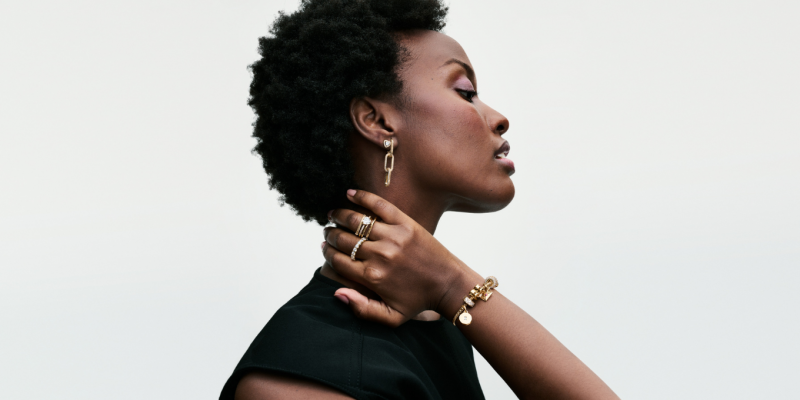
Fashion
This Jewellery Brand Has a Whole New Look And It’s Everything
Here are the seven pieces we’re coveting.
by : ELLE Canada- Apr 10th, 2024

